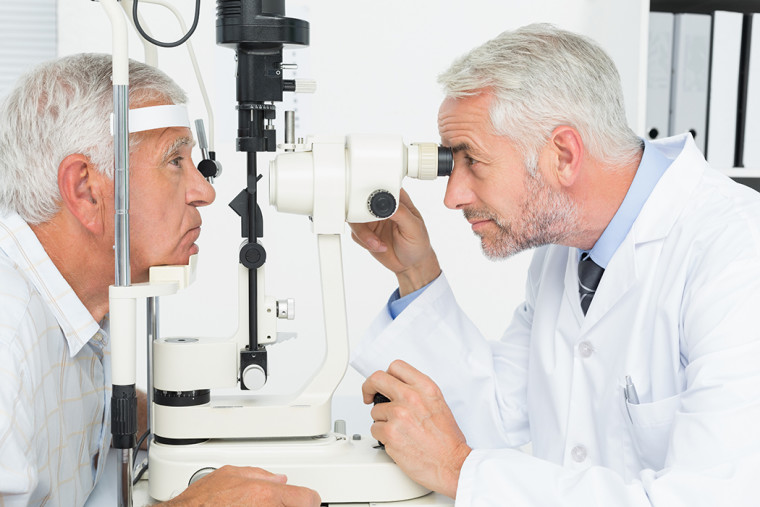All Categories
Featured
Table of Contents

Regular eye evaluations are important for keeping excellent vision and discovering possible eye health and wellness problems early. The regularity of these tests can vary considerably based on a person's age, way of life, and general health. Comprehending the recommended schedule for eye examinations can assist guarantee that people of every ages receive proper care and surveillance for their eye wellness.
Infants and Toddlers (0-2 Years)
For babies and young children, eye exams are critical for finding any potential vision problems beforehand. The American Academy of Ophthalmology recommends that a kid's very first eye test ought to happen at around 6 months of age. Throughout this initial go to, the eye treatment expert will certainly assess the child's visual advancement and check for any noticeable eye concerns.Following this very first exam, it is recommended that children have an additional eye test at age 3. This browse through will concentrate on assessing the youngster's overall aesthetic function, including eye positioning and the ability to track things. If no problems are spotted, the next examination should be arranged before the child begins institution, commonly around age five or 6.
School-Aged Children (6-18 Years)
Once children get to school-age child, regular eye exams need to be arranged every one to two years. Vision is critical for learning and advancement, and many colleges carry out vision screenings. Nonetheless, these testings do not replace an extensive eye test by an eye care specialist.For kids involved in tasks or sports calling for considerable visual emphasis, annual eye exams may be recommended. In addition, if a child displays indicators of vision issues-- such as problem reading, squinting, or regular frustrations-- a browse through to the eye physician ought to be arranged as quickly as possible.
Youthful Grownups (19-39 Years)
Young person commonly have less vision adjustments than older age teams, however normal eye examinations stay important. The general suggestion is to schedule an eye test every 2 years during this period. However, individuals with certain risk variables-- such as a family members background of eye disease, diabetes, or those that put on contact lenses-- must consider annual eye tests.Furthermore, those who invest substantial time on digital devices may experience digital eye strain. If signs and symptoms such as dry skin, exhaustion, or obscured vision happen, it may be a good idea to see an eye treatment professional sooner.
Grownups (40-64 Years)
Adults aged 40 to 64 ought to schedule eye tests every one to two years. Eye tests can likewise help discover other usual age-related problems such as glaucoma, cataracts, and macular deterioration.If individuals in this age group have risk variables such as high blood stress or diabetes, they may require more regular examinations to monitor their eye health and wellness closely.
Elders (65 Years and Older)
For senior citizens, normal eye exams come to be even a lot more important. The American Optometric Organization suggests that people matured 65 and older have an eye test at the very least as soon as a year.Final thought.
Understanding the appropriate schedule for eye tests based on age is important for preserving ideal eye health throughout life. By sticking to these guidelines and seeking advice from with an eye care specialist, people can take positive steps towards protecting their vision and total wellness.Table of Contents
Latest Posts
Choosing the Right Place: What to Think about for Weddings, Meetings, and Occasions
Published en
1 min read
The Boogaloo Sports Bar & Grill at FunCity Hotel Resort: Where Fun Meets Flavor
Published en
1 min read
The Benefits of Custom Furniture: Why It's Worth the Financial Investment
Published en
0 min read
More
Latest Posts
Choosing the Right Place: What to Think about for Weddings, Meetings, and Occasions
Published Mar 21, 25
1 min read
The Boogaloo Sports Bar & Grill at FunCity Hotel Resort: Where Fun Meets Flavor
Published Feb 05, 25
1 min read
The Benefits of Custom Furniture: Why It's Worth the Financial Investment
Published Jan 16, 25
0 min read